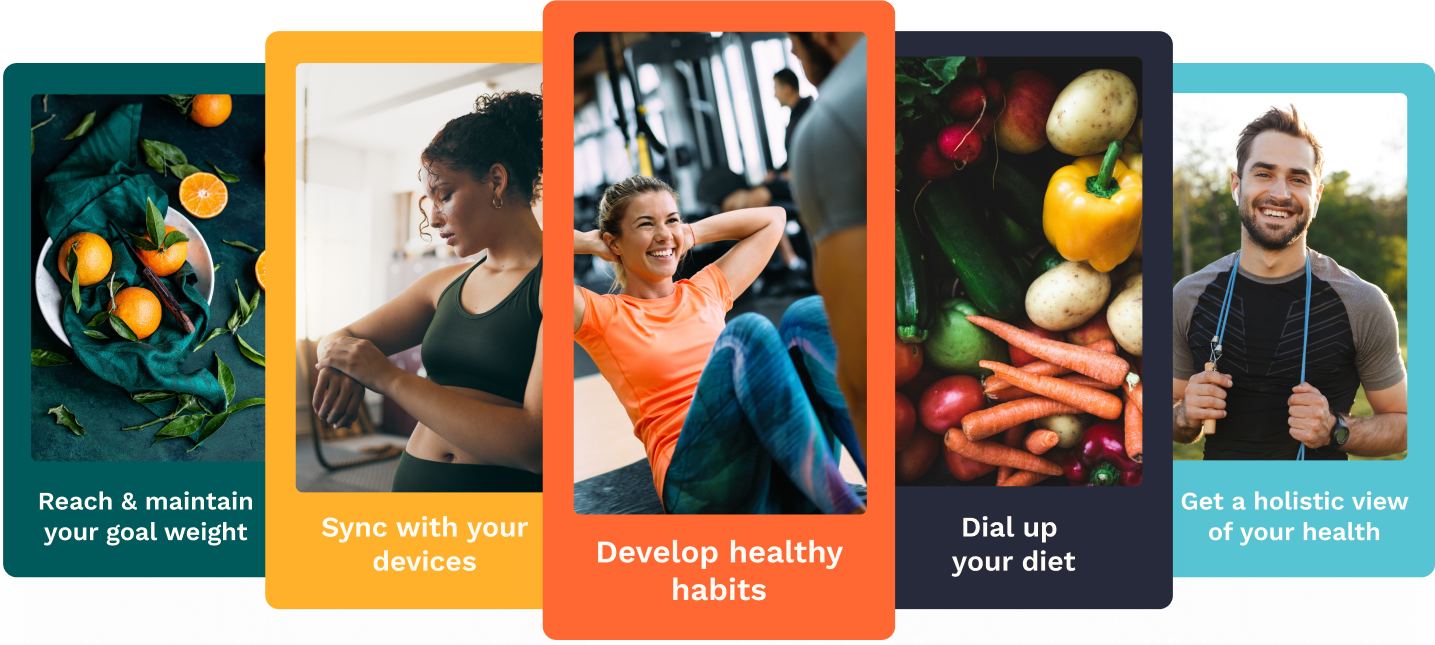What is one dream you have always wanted to accomplish? There is a good chance you have one at the forefront of your mind – maybe you even have a list! Now, ask yourself: what is stopping you from achieving it?
If you’re anything like us then you might have a list of excuses why you have fallen off the goal train in the past – family emergencies, lack of time or unforeseen circumstances can make us deviate from our best laid plans. Even exciting things like life milestones or vacations can derail us from reaching our goals!
Well, no more! We compiled a list of suggestions to help you stay the course and realize all your dreams – whatever they are – starting today.

Set Goals that Motivate You
On the surface this might sound really simple. You might think an ideal goal could be to lose 10 pounds or run a marathon. But before you sign up for that race or order those pre-made dinners make sure you’ve truly determined your “why”. Your goals need to be important to you and achieving them needs to have value to your life.
For example instead of just saying you want to lose 10 pounds tell yourself why you want to lose the weight. Losing ten pounds matters because… my shins will hurt less when I run, my body fat percentage will be in a healthy range. When you know your why you can then switch the focus to how.
Set SMART Goals
We bet there is a good chance you’ve heard of SMART goals. If you have here is a refresher. If you haven’t then let us be the first to introduce you to the foundations of goal setting.
Specific:
Your goals need to be specific with a defined outcome. Instead of saying you want to lose weight, specify exactly how much you want to lose.
Measurable:
There needs to be a clear (and measurable) way to determine your success. This will help you evaluate your progress clearly. With the weight loss example this is clear – numbers going down on the scale = good. In other situations it could mean getting creative with your evaluation process.
Attainable:
We believe in you and your goals so much here at Cronometer that we think any dream you have is attainable! That being said oftentimes people dream so big that when their goal doesn’t happen overnight they get discouraged, lose hope and can be prone to falling off the wagon. That’s why it’s recommended breaking your big goals into smaller ones first. Taking baby steps towards your goal will keep you motivated through mini-successes and will help you feel the big dream is more achievable!
Realistic:
Basically, we covered this in the first point. And honestly we think this should’ve been #1 but then it would be read RSMAT and clearly that doesn’t make any sense.
Time-Bound:
Your goals are less likely to come to fruition if they are on the never, never plan. So, specify a date for completion. This will help you create a time line for your success!
Write Them Down
Write your goals out on paper, on a chalkboard, a bunch of rainbow stickies that you place in the most inconvenient places around your house. Just get them down somewhere. The act of doing this makes it real and tangible and you’ll feel oh-so legit.

Stick With It
The two most exciting things about a goal are dreaming it up and then realizing it! That middle stuff? Not as much. While incredibly rewarding it is also super tough to put in the work. It’s easier to binge watch six hours of Netflix than it is to meal prep for an entire week. It’s certainly easier to eat half a cake (or a whole one) than it is to run a half marathon to work off those calories. But, you can’t reach that glorious end if you don’t put in the time and effort.
Let’s be honest, you’ve never going to feel like it. But do it anyway, because living how you’re living now – the life that has you reading blogs like this one, realize-your-dreams-and-crushing-your-goals blogs – means you’re clearly not living the life you dream of. And you SHOULD BE!
So, get out of that comfort zone, stop settling for “fine” and work towards better.
Define Your Fears
This might be one of the steps people most often miss. It is also quite possibly the most important step. So much so that we are going to write it again so it really sinks in and takes root. Define your fears.
This tactic could save you when life happens, when the linear path you envisioned takes a sharp turn or when your motivation wanes and waxes.
To be clear we cannot take credit for this, but we will give a massive shoutout to the creator of the concept; Tim Ferriss (you’re an inspiration, Tim!). Here’s the steps he recommends to defining your fears so much that curveball comes you still knock it out of the park!
Define – what’s the worst case scenario?
Prevent – how can each situation you thought about for your worst case scenario be prevented from happening?
Repair – If the worst does happen, how can you fix it?
Next, make a list of possible benefits if you are partially successful or if you achieve your goal.
Finally, make a list of the cost of your inactions. If you don’t do the thing you really want to do what will you miss out on? Think big picture here.
Get Out and Do It
Now you’re set. Dream. Plan. Achieve. Fist pump.




